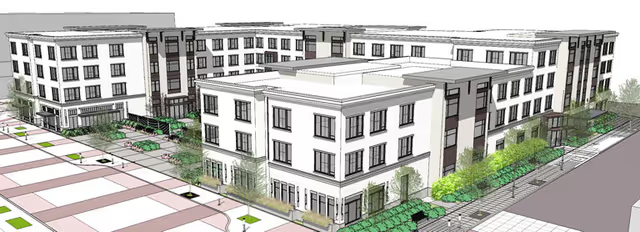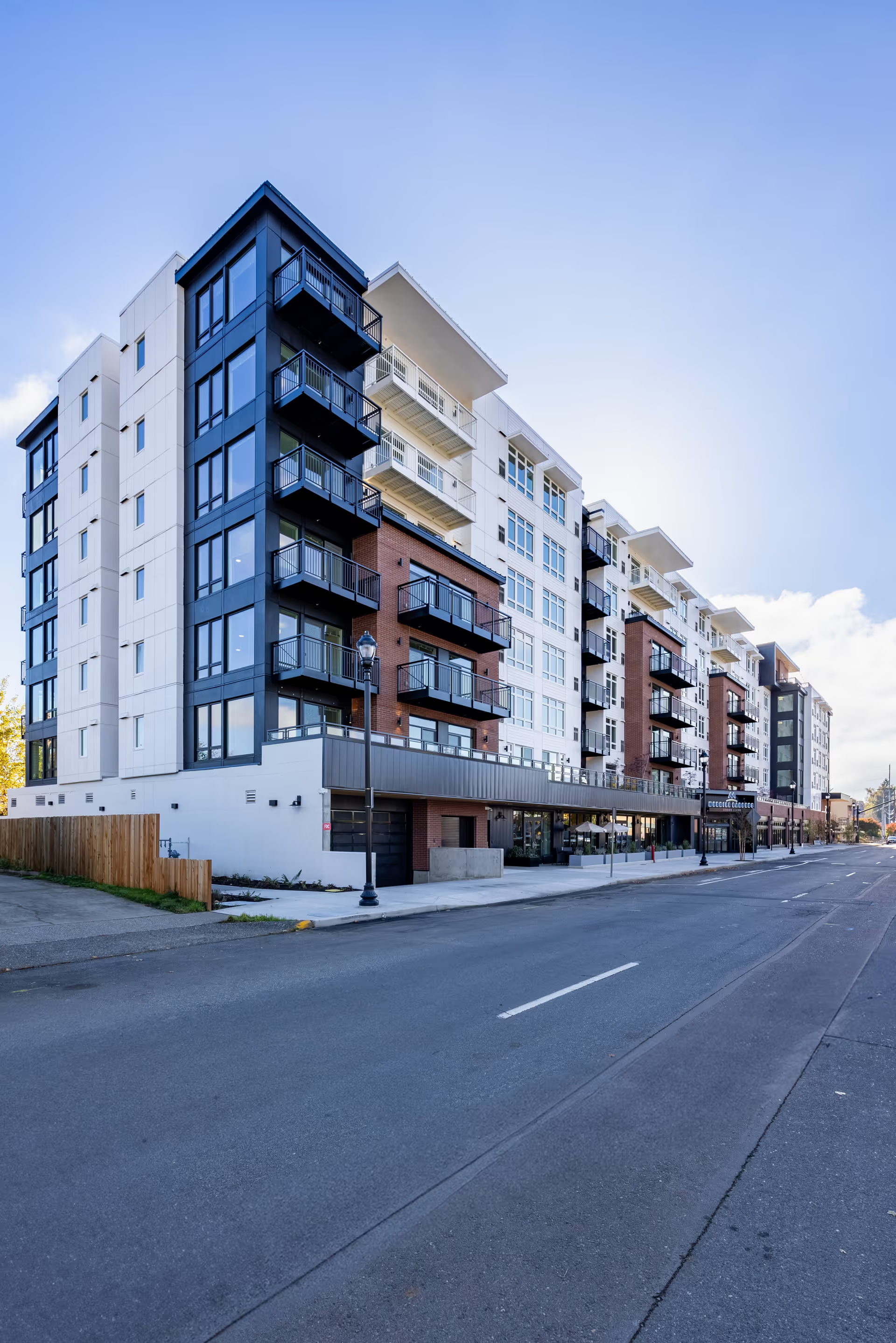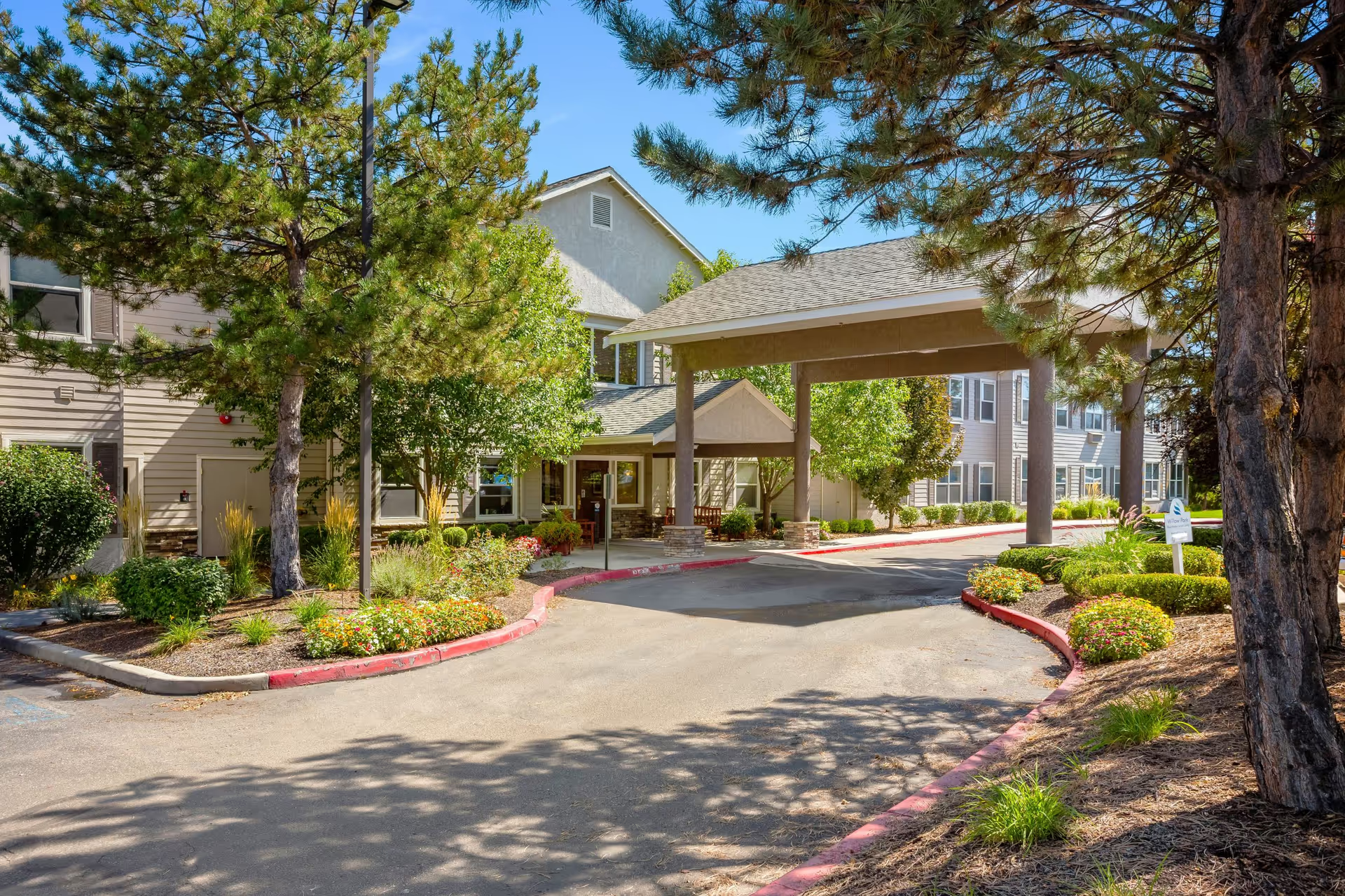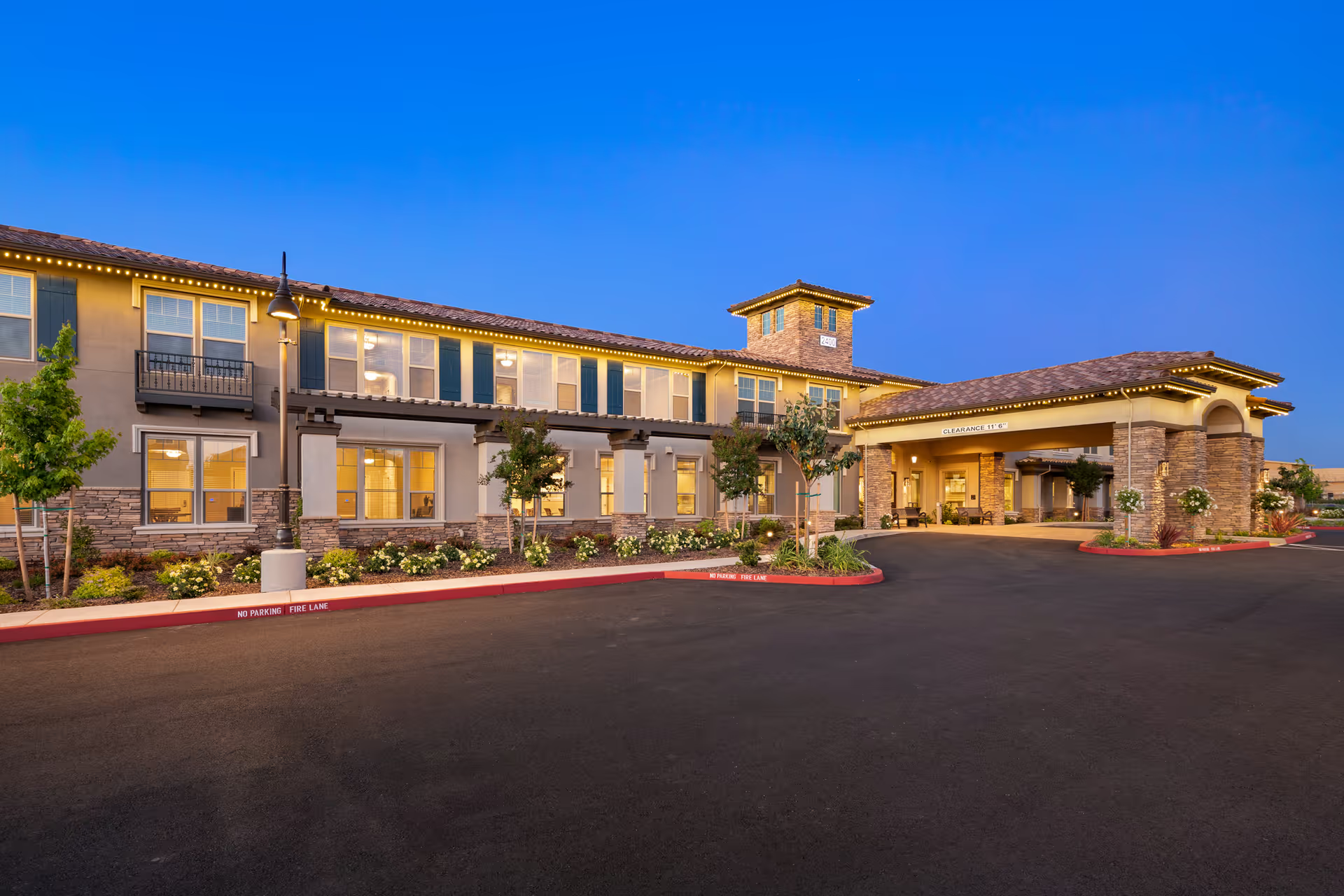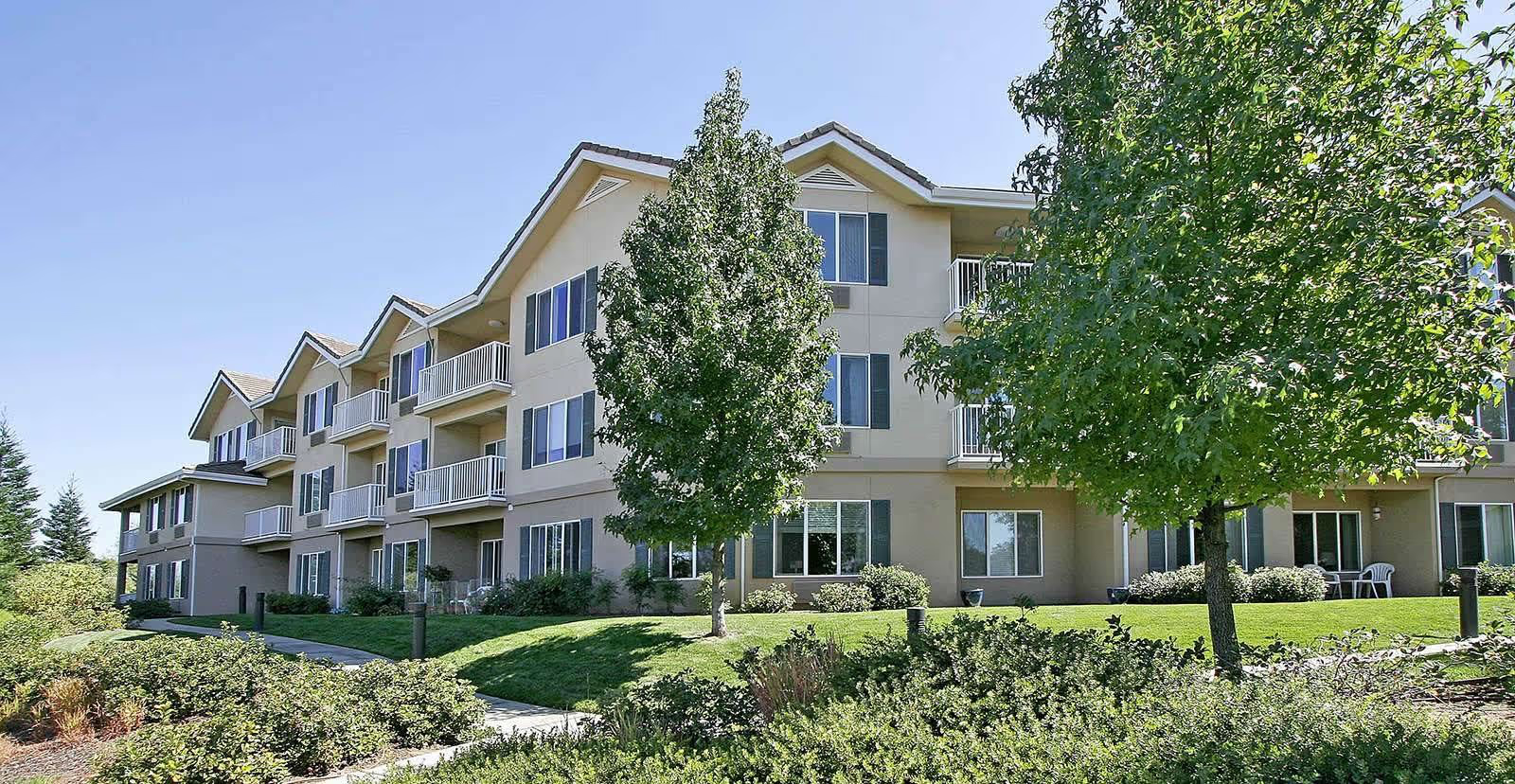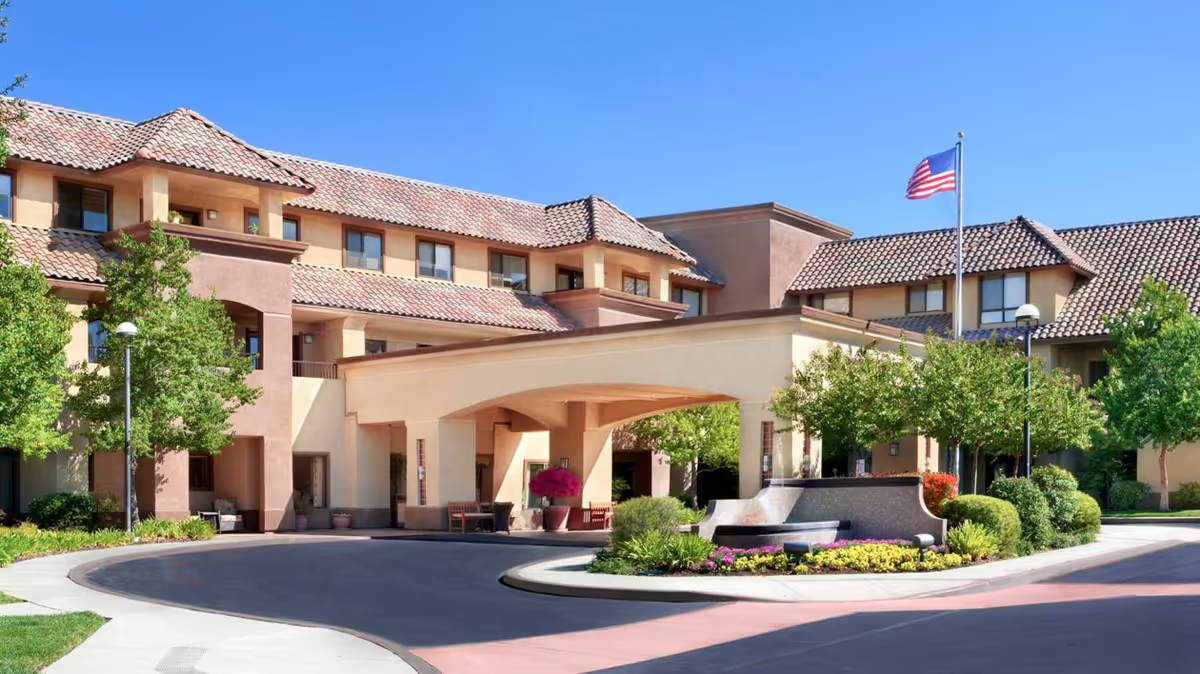Overall sentiment in the reviews is mixed but leans positive around direct caregiving, activities, and the physical environment, with a noteworthy and recurrent set of concerns centered on administration, communication, staffing stability, and isolated safety incidents. A large number of reviewers emphasize that frontline staff — caregivers, activities coordinators, dining and maintenance teams — are compassionate, attentive, and build personal relationships with residents. Many families report marked improvements in their loved ones after moving in, cite regular online updates and daily photos, and praise specific employees (including transition coordinators) for making moves and adjustments easier. The facility’s memory-care focus, dementia-trained staff, and features such as private rooms with bathrooms, 24/7 staffing, infrared bed alerts, and on-site therapeutic services are repeatedly highlighted as strengths.
Life-enrichment and programming are consistently cited as a major positive. Reviewers name a broad variety of activities (chair yoga, beachball volleyball, gardening club, cooking club, arts & crafts, musical entertainment, therapy dog visits) and describe a lively social environment. Special events and holiday meals receive specific praise, and many families value the opportunities for social interaction and meaningful engagement the community provides. Dining gets largely favorable comments — varied menus, good portion sizes, and occasional standout meals were mentioned — though a minority report temperature or consistency issues. The physical plant also receives strong positive remarks: reviewers describe the community as bright, clean, well-maintained, and easy to navigate, with attractive outdoor spaces and thoughtfully designed common areas (movie theatre, dining room, roomy resident rooms).
However, the reviews reveal a clear and significant counter-narrative focused on operational and safety concerns. Multiple reviewers report poor or inconsistent communication from administration and nursing (unreturned phone calls, messages not passed along, lost paperwork), and several describe unhelpful or unresponsive executive leadership. Staffing instability is a recurring theme: reports of high turnover, short-staffing, use of agency workers, and varying quality across shifts lead some families to experience delays in assistance, medication management problems, and in a few strong statements, alleged neglect or bullying by staff. There are specific allegations that range from missing personal belongings to medication errors and hospitalization after a decline; while these appear to be isolated relative to the volume of positive comments, they are serious and contribute to strong negative recommendations by some families.
Value-for-money and administrative consistency are areas of divergence among reviewers. Some families feel the community offers excellent value compared with other local options — noting breadth of services for price — while others cite price hikes, administrative policy changes, and higher cost relative to quality as reasons they moved loved ones elsewhere or would not recommend the facility. A few reviewers also mention restrictions or lack of Medicaid/spend-down options. COVID-related experiences are mixed: some reviewers praise the facility’s strong screening and protocols while others recount an outbreak or pandemic-affected activity schedules.
In summary, Fieldstone Memory Care Puyallup appears to deliver high-quality, person-centered memory care for many residents, with strong life-enrichment programming, a pleasant physical environment, and numerous staff who are praised as kind, capable, and devoted. At the same time, prospective families should pay careful attention to operational issues that several reviewers flagged — especially current staffing levels and turnover, administrative responsiveness, medication management practices, and recent incident reporting. These themes are polarizing: while many reviewers enthusiastically recommend the community, a smaller but vocal group reports severe communication breakdowns, safety incidents, and management shortcomings. Recommendation: visit multiple times, speak directly with the care and nursing leads, ask for recent staffing/turnover data, review medication/error reporting protocols, and request recent family references to confirm current conditions before making a decision.
